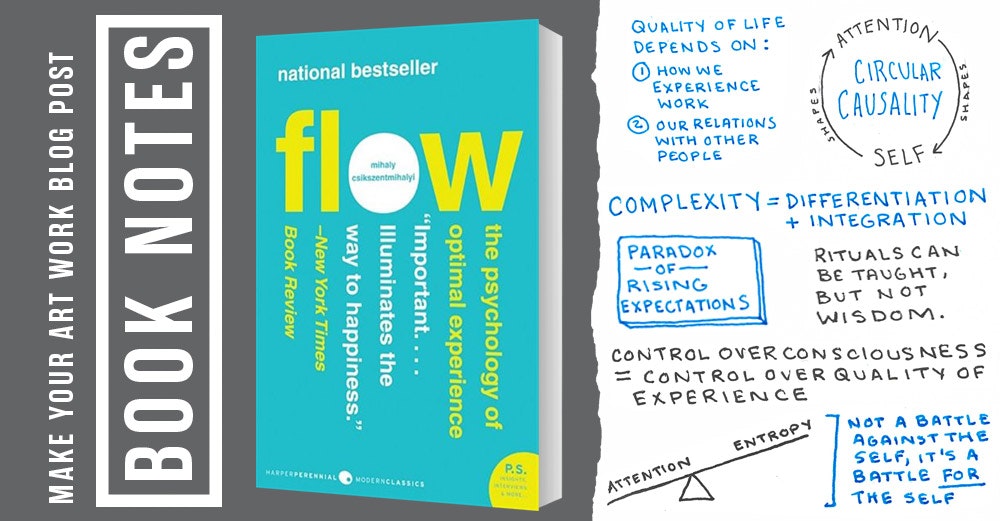
It is postulated that even those in forced labor or internment hold the ability to find the “optimal experience” via an achieved flow state, and thus even though “that person is objectively a slave, subjectively he is free (Csikszentmihalyi, 1990).” Challenge, adversity, and particular character strengths may give rise to either an individual immersing themselves into productivity as a means of distraction, a coping mechanism for a brutal situation, akin to workaholics (Huljich, 2012). While flow states seem to have legitimacy and merit to them, as evidenced by countless researchers supporting the concept (Harmat, Andersen, Ullen, Wright, & Sadlo, 2016), a particularly concerning reoccurrence appears in Csikszentmihalyi’s 1990 book: achieving flow in unideal conditions.

Csikszentmihalyi goes on to suggest that those most likely to experience a flow state have an “autotelic” personality, an accumulation of low self-centeredness, curiosity, and self-motivation to name a few traits (1990). Flow is described as a nearly euphoric, immersive state of ecstasy during focused productivity that occurs when a nearly one to one ratio of challenge-to-ability is achieved and some basic conditions, such as clear goals, immediate feedback, and flexible challenges are met.


Mihaly Csikszentmihalyi defines “the optimal experience” in Flow (1990).


 0 kommentar(er)
0 kommentar(er)
